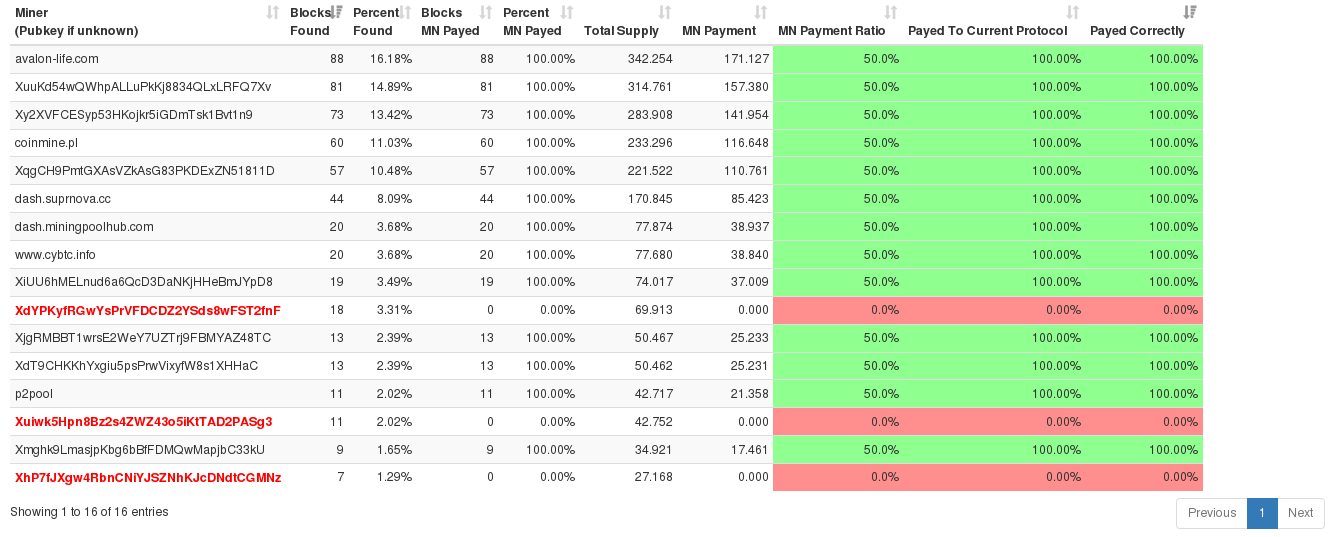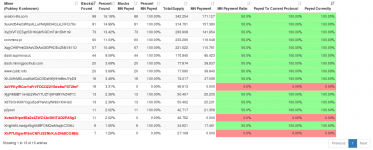lynx
Active member
I'm surprised no one here mentioned this was happening and I had to hear it from Dash: Detailed

https://www.dashninja.pl/blocks.html
I hope this is the last update that they will be able to do it.
https://www.dashninja.pl/blocks.html
I hope this is the last update that they will be able to do it.

